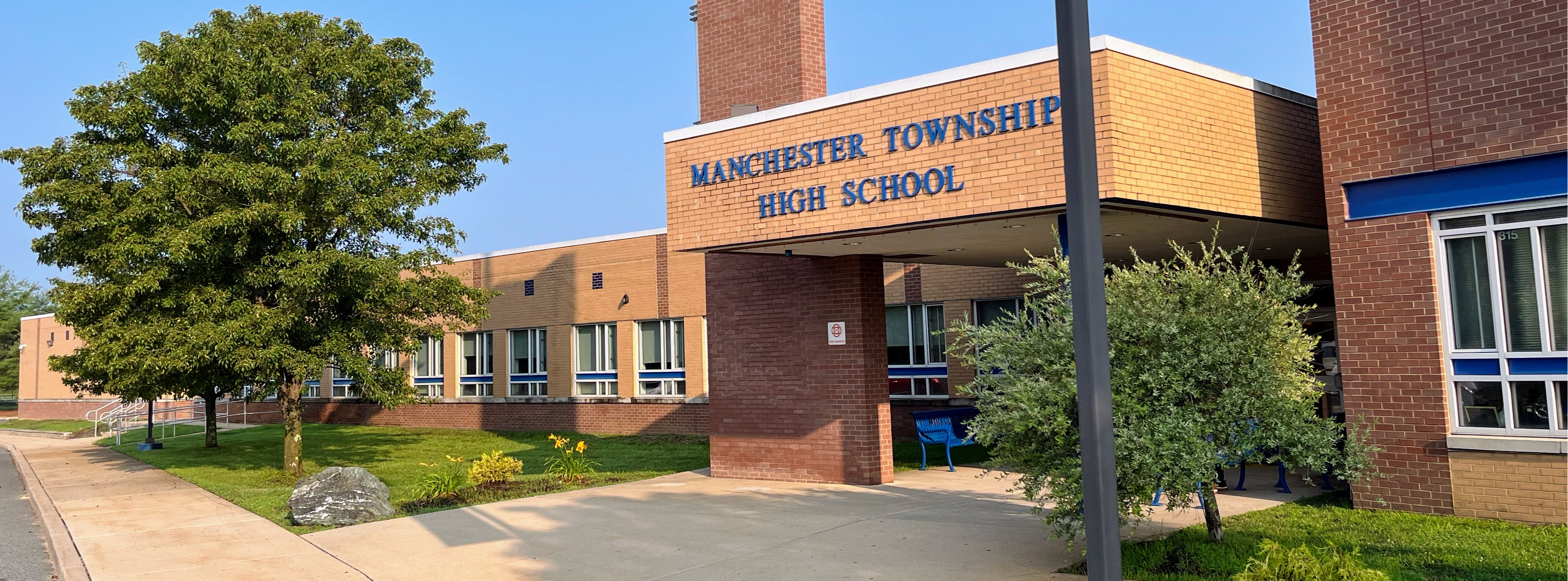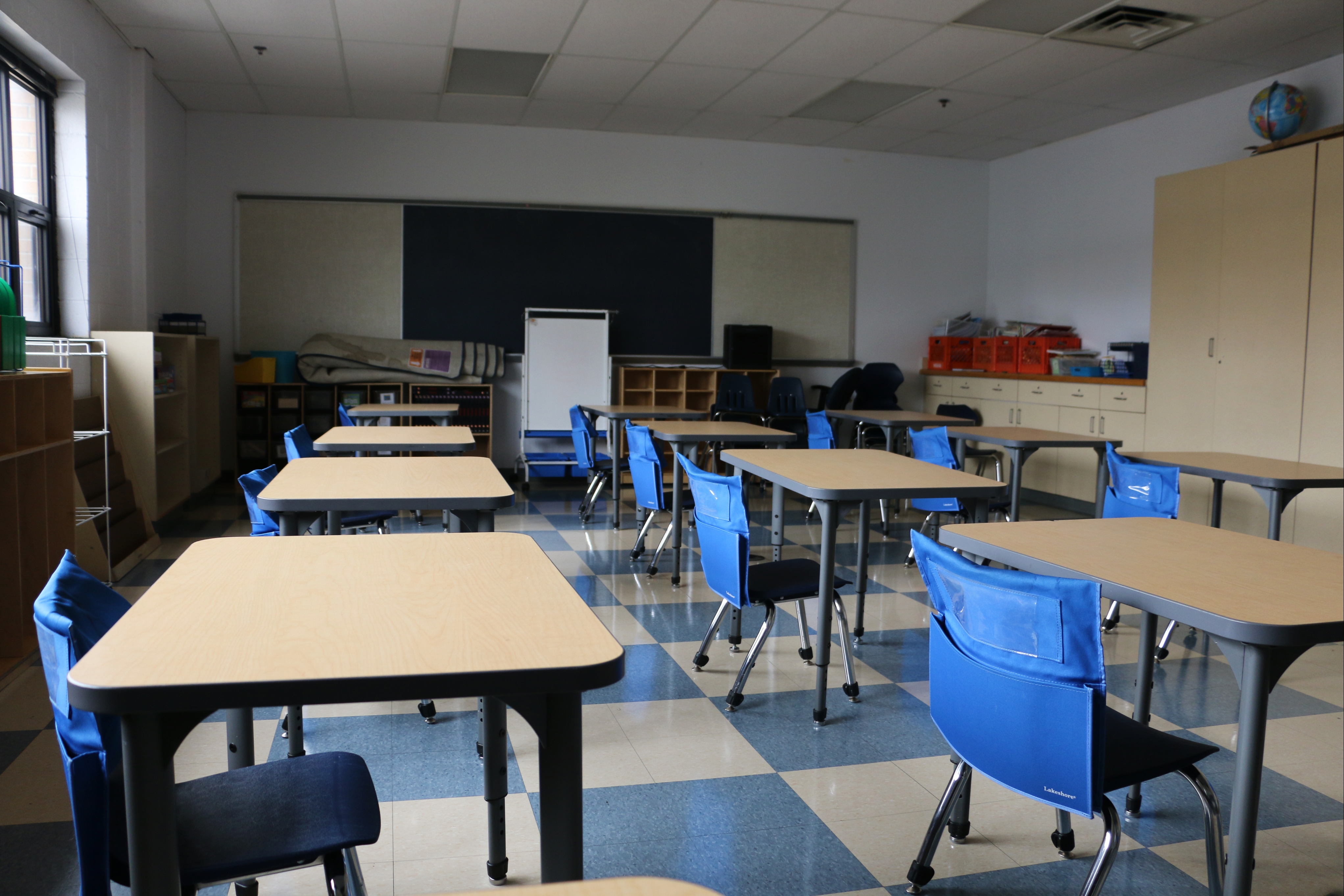Fundraising Ideas to Assist In Saving Temecula Schools and Programs
Fundraising Ideas to Assist In Saving Temecula Schools and Programs
Blog Article
Exactly How Schools Play an Essential Function in Shaping Future Leaders and Trendsetters
Colleges are instrumental in shaping future leaders and pioneers via the cultivation of important thinking, creativity, and collaboration. By incorporating project-based learning and interdisciplinary research studies, educational institutions challenge students to assess and manufacture complex info. Educators act as coaches, guiding pupils and nurturing their capacity, while extracurricular tasks additionally develop leadership abilities and resilience. This dynamic environment not only concentrates on private strengths but additionally highlights the value of team effort, vital for browsing tomorrow's challenges. Just how exactly do these elements interaction to create a robust structure for future success?
Cultivating Vital Thinking
In today's rapidly progressing world, fostering essential thinking within schools has actually ended up being critical. As culture faces significantly intricate international obstacles, the ability to analyze, examine, and manufacture info is essential. Schools play an essential role in creating these skills, preparing students to browse and address multifaceted troubles with educated, reasoned choices.
To grow essential thinking, educators employ numerous pedagogical methods that encourage energetic learning and intellectual interaction. Classroom discussions, problem-based learning, and Socratic examining contribute in advertising logical and reflective idea processes. By testing pupils to interrogate presumptions and take into consideration several perspectives, these methods make certain a deeper understanding of subject matter beyond memorizing memorization.
Moreover, incorporating vital believing across the educational program strengthens its relevance and applicability in diverse contexts. Subjects such as mathematics, scientific research, background, and literature each offer distinct opportunities to create trainees' important faculties. Examining historic events requires examining sources and recognizing context, while scientific inquiry needs rigorous theory testing and evidence-based thinking.
Ultimately, instilling vital thinking abilities in students furnishes them with the cognitive devices needed for lifelong discovering and adaptability. It is with this foundational skills that future leaders will have the ability to innovate, resolve troubles, and contribute meaningfully to culture.
Urging Creativity
Accepting creative thinking within educational frameworks galvanizes pupils to think beyond standard boundaries and explore ingenious options. By integrating creative endeavors and creative reasoning exercises into the educational program, schools grow an environment where originality and imaginative thought are valued. This approach not only enhances the educational experience but likewise furnishes trainees with the capacity to deal with real-world difficulties in unique ways.
University can promote creative thinking with varied means such as project-based knowing, interdisciplinary researches, and the incorporation of arts and innovation. Project-based discovering, as an example, encourages students to apply their understanding in useful, typically collective, tasks that require creative analytical abilities. Interdisciplinary research studies enable students to draw connections in between various topics, therefore expanding their viewpoints and boosting their innovative capacities.
Moreover, providing students with chances to involve with arising innovations, such as coding and electronic style, better supports their creative potential. These tasks prompt students to experiment, fail, and iterate, which are critical elements of the innovative process (Save Temecula Schools). By maintaining a helpful setting where trial and error is encouraged, institutions can guarantee that trainees create the self-confidence to seek innovative concepts
Essentially, nurturing creativity in academic setups is crucial for forming future leaders and innovators capable of addressing intricate worldwide concerns with resourcefulness.
Promoting Partnership

Implementing group-based learning components and participating jobs allows trainees to experience the dynamics of team effort firsthand. This not only prepares them for the collaborative nature of modern workplaces but likewise supports leadership high qualities as they often need to handle functions such as job managers or group planners. Furthermore, collaboration in the class can damage down social obstacles and promote inclusivity, making sure that each pupil feels valued and heard.
Moreover, incorporating innovation can additionally support joint efforts. Tools like shared electronic offices and interactive systems make it possible for students to collaborate efficiently, even outside the classroom. As pupils establish these collective abilities, they are much better equipped to take on Recommended Reading intricate challenges and introduce, preparing for their future functions as trendsetters and leaders.
Duty of Teachers as Advisors

Mentorship entails customized focus, where instructors determine and nurture specific toughness and address weaknesses. Save Temecula Schools. With individually communications, teachers can tailor their recommendations and support to fulfill each student's unique demands, fostering a sense of confidence and durability. This tailored approach grows a growth attitude, encouraging students to check out failings as possibilities for learning and growth
Additionally, educators function as good example, demonstrating the values of integrity, empathy, and perseverance. Their attitudes and activities provide a plan for trainees to replicate, instilling a sense of moral responsibility and social awareness. By creating a comprehensive and helpful class setting, teachers allow pupils to create interpersonal abilities that are important for effective management.
Fundamentally, the mentorship offered by teachers lays a fundamental framework for the growth of future leaders, furnishing them with the knowledge, skills, and worths needed to master an our website ever-evolving globe.
Influence of Extracurricular Activities
When incorporated successfully into the academic framework, extracurricular activities considerably improve student development and management possibility. These tasks provide pupils with chances to explore passions past the standard curriculum, cultivating a versatile ability collection.
Students involved in songs, dramatization, or dispute clubs learn to believe seriously and approach troubles from varied viewpoints. By teaming up with peers from various backgrounds, pupils likewise establish empathy and communication abilities, essential traits for future leaders.
Research study indicates that trainees involved in such programs often tend to have higher grades and better attendance documents. Therefore, schools that prioritize a well balanced method to education, integrating durable extracurricular programs, are much more most likely to generate innovators and leaders outfitted to meet the difficulties of the future.

Final Thought
To conclude, colleges considerably form future leaders and innovators by nurturing essential thinking, imagination, and partnership amongst students. Involving pedagogical approaches such as project-based knowing and interdisciplinary researches play a crucial role in this advancement. Educators, functioning as advisors, provide vital assistance and assistance, while extracurricular tasks further enhance management prospective and strength. By promoting a supportive setting that values individual strengths and synergy, institutions furnish pupils with the required abilities to browse future challenges and drive development.
As trainees create these joint abilities, they are better furnished to deal with complicated challenges and introduce, laying the groundwork for their future roles as leaders and innovators.
By cultivating vital thinking and problem-solving skills, educators aid trainees navigate intricate challenges, preparing them for management functions in various fields.
By collaborating with peers from different histories, pupils also create compassion and communication abilities, essential attributes for future leaders.
In final thought, institutions significantly form future home leaders and trendsetters by nurturing important thinking, creative thinking, and partnership among students. By cultivating a helpful environment that values private toughness and teamwork, colleges gear up trainees with the required abilities to navigate future obstacles and drive innovation.
Report this page